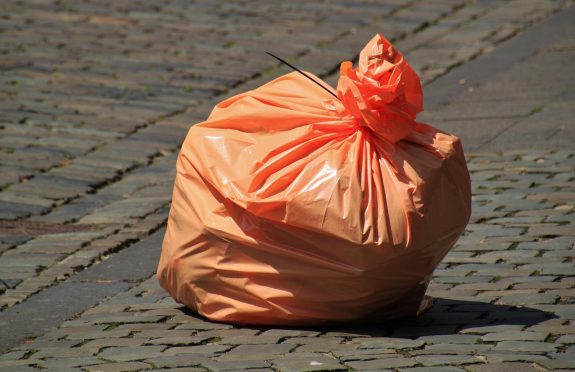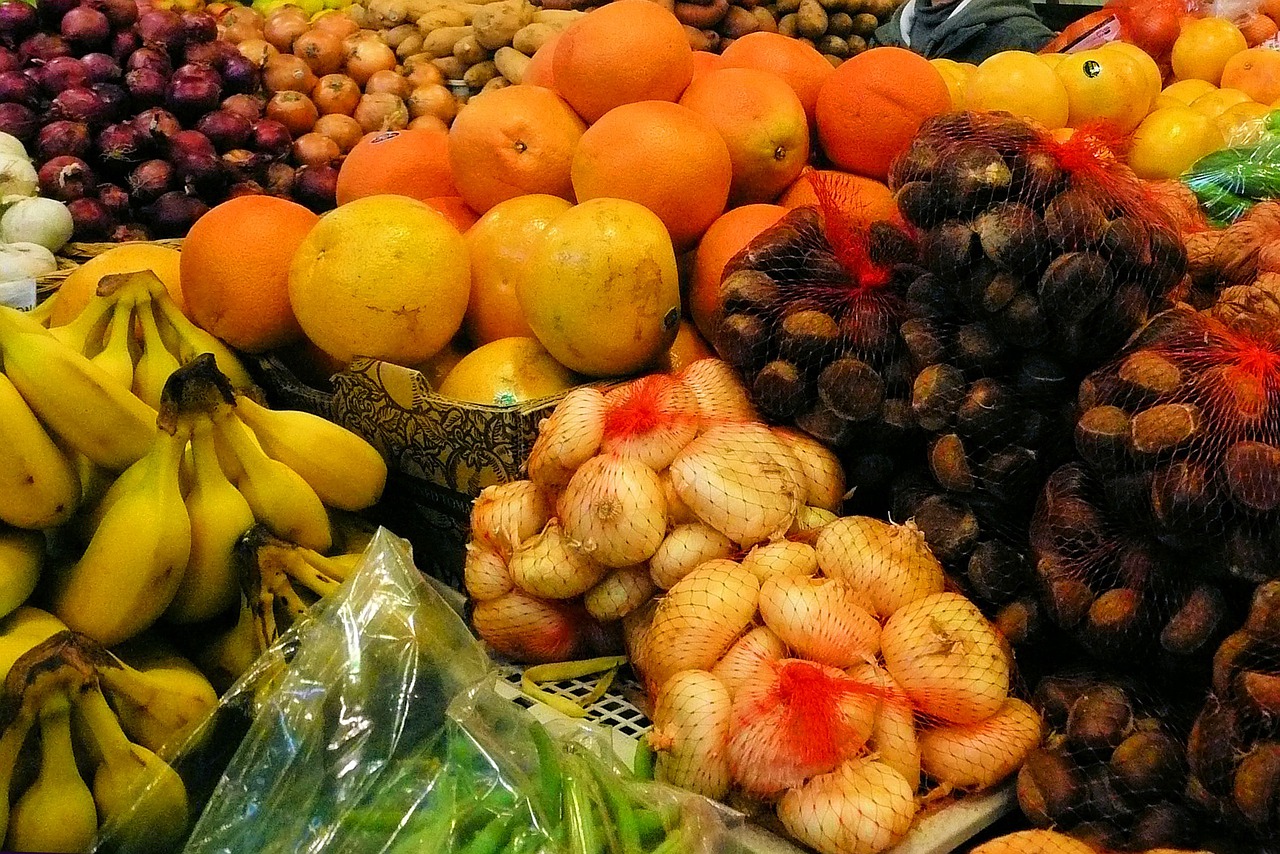Plastic waste is a growing issue that we face everywhere around the world.
Even though it is undeniable that plastic provides various benefits in our society, it is important to state that we overuse it without thinking about the consequences.
But why should we reduce the use of plastic, and what are the actual outcomes? You may be wondering. Simple! Reducing the use of plastic is essential because plastic production requires an enormous amount of energy and resources. This causes carbon emissions and contributes to global warming.
You may suggest, why not reuse? But recycling plastic has proven inefficient too as only 9% of plastic ever produced has been recycled. Instead, about 60% is discarded in landfills and oceans. There, it stays for thousands of years, transforming into “microplastic,” leaching into our water supplies and food.

How plastic waste affects humans
Quality of life
Local air quality and pollution can directly impact the quality of life of people.
Lacking technical health standards exposes people and workers (in recycling facilities) to a range of pollutants, injuries, infections, and other severe health problems that contribute to low life expectancy.
Plastic additives
Some plastics are dangerous and toxic for humans, such as #3 (PVC) or Bisphenol-a (BPA), a chemical that disturbs hormones.

Plastics can include hundreds of additives (PDF source); the worst part is that manufacturers are not even required to reveal this.
Did you know that plastic can leach into your food or even skin, depending on the conditions (light, heat) and the additives that it may include.

For example, a study suggested that microplastics can cause physical damage, biological stress & leaching of additives.
Another research suggested that microplastics may also serve as vectors* for harmful organisms.
Finally, according to available data, wastewater treatment can effectively remove just about 90% of microplastics from wastewater.
All in all, certain plastics are not intended for contact with our food or water, yet they can harm us.
To sum up, recycling is not as effective as simply reducing (as much as we can) plastic waste. Just try to imagine eating plastic. Yikes!






